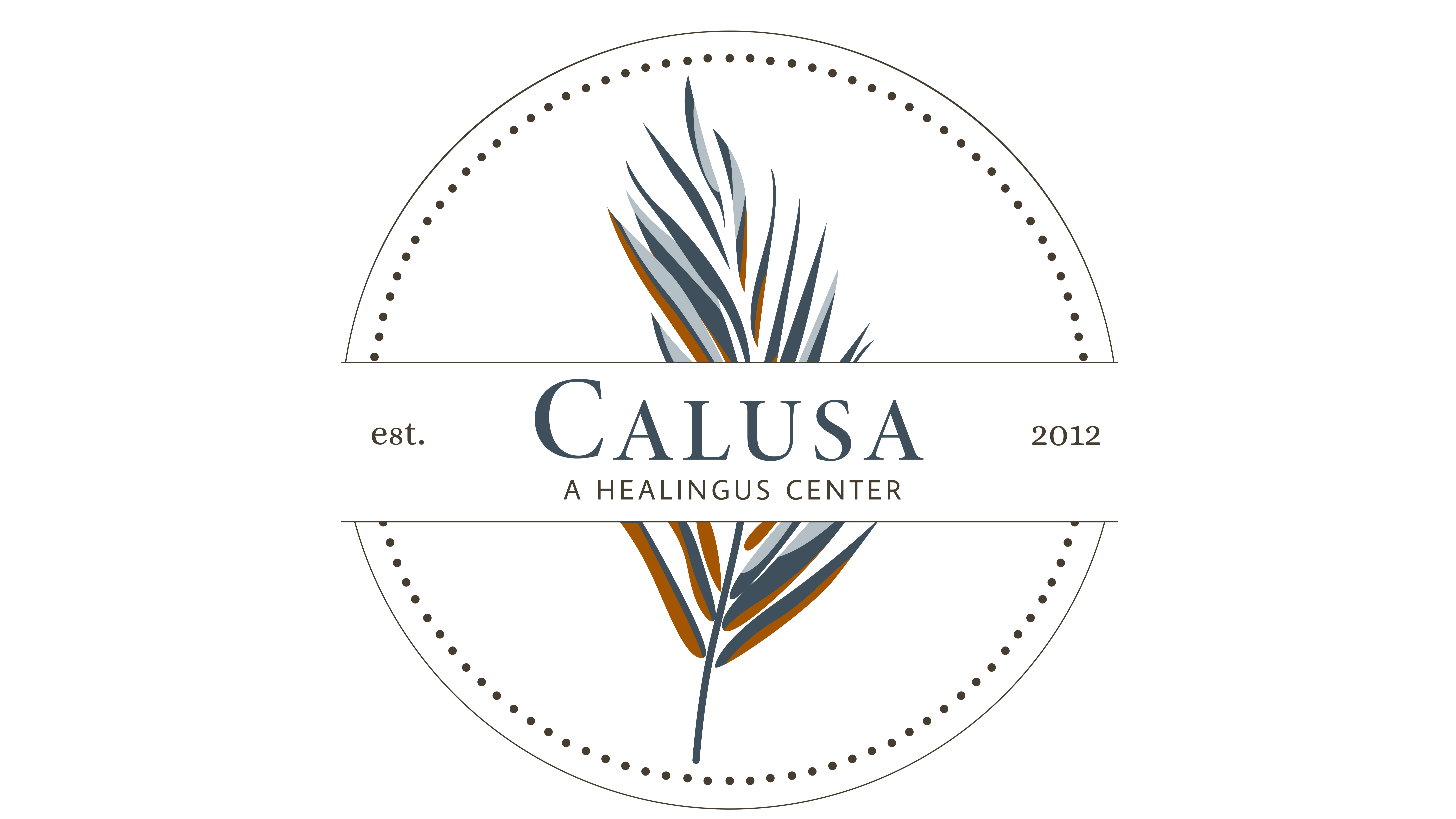Experts Explain How Dialectical Behavioral Therapy Supports Addiction Recovery
If you’re curious about dialectical behavioral therapy (DBT) and how it can help you in your addiction recovery process, Calusa Recovery (866-939-6292) offers a guide to DBT and the ways it can be used within rehabilitation programs.

You've heard about DBT, but you're not sure what it is or how it differs from other types of therapy. If you want to know how it can help you overcome your addiction to drugs, alcohol, or sex, check out the guide from Calusa Recovery!
Read the full guide at https://calusarecovery.com/blog/understanding-the-pros-and-cons-of-dbt-therapy-is-it-right-for-you
You'll find information on the benefits of DBT as a modality, including versatility, efficacy for diverse issues, personalized approach, and focus on skill-building and hands-on learning.
Start Your Healing Journey
The guide is designed to give you and your loved ones up-to-date information about how you can start your healing journey.
Recent research from the Journal of Addiction Science & Clinical Practice shows that DBT decreased substance abuse in several randomized clinical trials involving addicts, and is especially useful in situations where addiction is concurrent with mental health disorders or where other types of therapy have not been helpful. With their detailed DBT guide, the team at Calusa Recovery explores this modality and the ways it can support your recovery.
“DBT offers a unique blend of cognitive-behavioral strategies and mindfulness techniques,” explains a spokesperson. “It tailors therapeutic strategies to individual needs.”
Learn Key Skills
According to the guide, the skill-building aspect of DBT helps you gain a sense of personal empowerment through the acquisition of tools for managing emotions, handling distress, and navigating relationships. DBT also incorporates group activities, with an emphasis on community support and shared growth.
Some of the activities that may be included as part of a DBT addiction recovery protocol include participation in guided meditations, body scans, mindful observations, radical acceptance exercises, opposite action, and distraction techniques.
Get Professional Guidance
While the guide lists the many benefits of DBT, it also discusses some of the drawbacks of this particular therapy approach. These include the fact that DBT is time-intensive and requires a high degree of commitment, as well as cost considerations and the fact that some individuals may prefer a more individualized, one-on-one approach, as opposed to a group focus.
If you're considering DBT as a type of treatment for addiction, the Calusa Recovery team offers some key factors for consideration, like personal alignment, commitment level, preference for a group setting, and willingness to engage in a dynamic therapeutic process.
Learn more about DBT and how it can help you overcome the disease of addiction with the team from Calusa Recovery!
Find more details and read the guide at https://calusarecovery.com/blog/understanding-the-pros-and-cons-of-dbt-therapy-is-it-right-for-you

